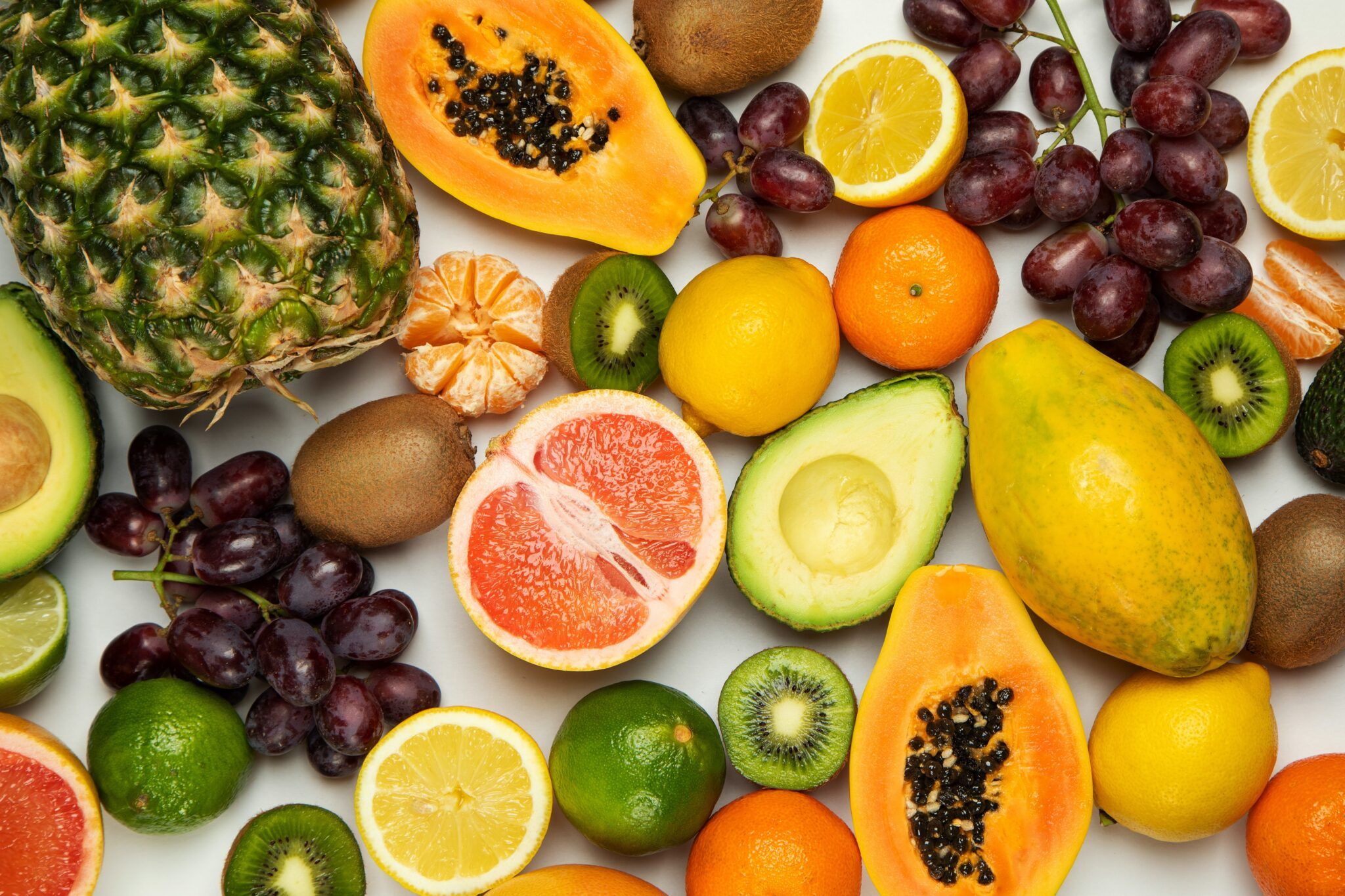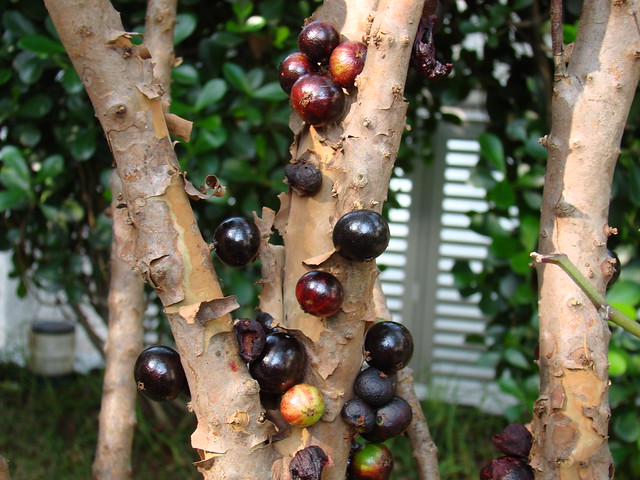Recently I watch a lecture done by UCSF endocrinologist Robert Lustig to the UCSF extension students. He made the point, with proven data, that the cause of the Obesity epidemic over the last 30 years is one single factor: increased amounts of sugar in our diet. You can watch the lecture of Dr. Lustig’s here, and I recommend you take the time to watch it. His lecture has become viral since it was uploaded on YouTube in 2009, it’s been viewed almost five million times.
This documentary opened my eyes even more about the problems that we faced due to the overconsumption of sugar and process food. Dr. Lusting proved that over the last 30 years people all over the world are gaining weight not because they eat too much, but because we are consuming too much sugar in our diets and not eating the right foods. He proved that our food system is broken and the cause of all the epidemic is not laziness or gluttony.
A Calorie is not a Calorie
The key message of Dr. Lusting is that a calorie is not a calorie. This is a concept that I learn over time in my studies but with his explanation, I got more facts about why is this true. Our body processes different types of fats and carbs in radically different ways.
For example, fat. There are good fats, like the omega-3 fatty acids (found in wild fish and flax,) and bad fats, like omega-6 fatty acid found in corn-fed beef. Omega-3s reduce inflammation and repair membranes, whereas omega-6s cause inflammation and increases risk of health problems like arthritis and cancer. Do you see the difference?
The same goes for carbs. There are good carbs, like lactose, the sugar found in milk, or fiber-heavy foods like vegetables and whole grains. But the worst carb of all, is sugar. And this one it’s everywhere in our food supply (77% of the foods in the America food supply include added sugar). Sugar plays a huge role in metabolic syndrome, which leads to diseases like diabetes.
When we talk about sugar itself the calories that provide are actually the worst ones. Sugar is naturally present in many foods, but by itself, it contains, no nutrients, no protein, no healthy fats, no enzymes. A calorie from a candy that is 100% sugar is very much different than a calorie from a banana.
The negative effects of sugar in on our bodies
- Sugar alters our hormones so we don’t register hunger the way we normally would, making us eat more.
- It spikes our dopamine, making us requiring us to eat more sugar for the same effect.
- It affects our lives in the same way that alcohol does. Why? “When we eat fructose, it goes to the liver. If liver glycogen is low, such as after a run, the fructose will be used to replenish it (3). However, most people aren’t consuming fructose after a long workout and their livers are already full of glycogen. When this happens, the liver turns the fructose into fat (2). Some of the fat gets shipped out, but part of it remains in the liver. The fat can build up over time and ultimately lead to Non-Alcoholic Fatty Liver Disease (4, 5, 6).”
- Increases Bad Cholesterol and Triglycerides
- Sugar can contribute to Leptin Resistance (which causes weight gain, cravings, sleeping troubles..). Leptin, is the “satiety hormone”, is a hormone made by fat cells that helps to regulate energy balance by inhibiting hunger.
- Creates an addictive sugar response in the brain.
- Sugar doesn’t fill you up. Instead makes you eat more!
The 56 names of sugar
We consume an astonishing 18 bags of sugar per year!! Half of that is added sugar, hidden away in our ketchup, potato chips and crackers under names like brown rice syrup and fruit juice. Take a look at the graphic below and find these ingredients on the food your have at home, and then comment below of the number of food product you found.
However, everyone tell us to cut down sugar consumption, but the food system is against us. Food companies have every incentive to keep us from doing just that. Why? sugar is an inexpensive preservative that extends food’s shelf life and keeps food cost low.
Take into consideration these names and read the labels of any package food you buy. Then look for any of the 56 names of sugar, and if you think that that kind of product shouldn’t have sugar don’t buy it. Another tip is to see the first 3 ingredients. If any of these names is among them, don’t buy it. The first three ingredients of a product make up the majority of the product. You’ll be filling yourself with unnecessary sugar.
How can we fix our toxic environment from sugar
While listening to Lustig’s lecture and reading articles, somehow powerless and guilty just for the teaspoon of honey in your tea or the granola with your yogurt. However, there are things we can do to fix the “toxic food environment” we are in.
The better way to start the change, is changing your diet from a high sugar low fiber to one low in sugar and high in fiber. You don’t need to avoid it completely, the birthday cake or a muffin every now and then is ok. Buy, eliminate completely the soda and juice (which is just as bad as soda) and start eating more vegetables and whole grains. Start changing the refined carbs from your diet. You can begin by changing the bread and the pasta to the whole grain version.
What to do to decrease your sugar consumption and have a healthy diet?
Do:
- Shop the edges of the store where the for real food is stored and not the aisles
- Eat more omega-3 fatty acids: wild fish, flax, chia seeds, walnuts
- Eat fruit as dessert.
- If you’re craving cookies or cake, make your own from whole ingredientes and substitute the sugar for healthier alternatives
- Increase consumption of micronutrients, the vitamins and minerals found in fruits and vegetables
- Increase you fiber intake. Fiber protects your liver from sugar, and keeps you from overeating.
- Eat more whole grains like quinoa, steel-cut oats, hulled barley or brown rice.
- Read the labels. But read the ingredients, not just the nutrition facts. If sugar is among the first three ingredients, don’t buy it.
Don’t:
- Drink your calories. Avoid soda, sports drinks and juice.
- Shop hungry—it leads to poor food choices.
- Eat anything with “partially hydrogenated” in the ingredient list. That means it contains trans fat, which our bodies can’t metabolize and ends up lining our arteries.
- Buy anything that has sugar as one of the first three ingredients.
- Eat corn fed beef or farmed fish. Corn oil contains omega 6 fatty acids, which lead to inflammation.
Please share this post if it was helpful. I want to get the word out as many people as possible, because we have an epidemic and we can do something to stop it! Let’s Do something!
Stay Active, Live Healthy and Feel Amazing!







